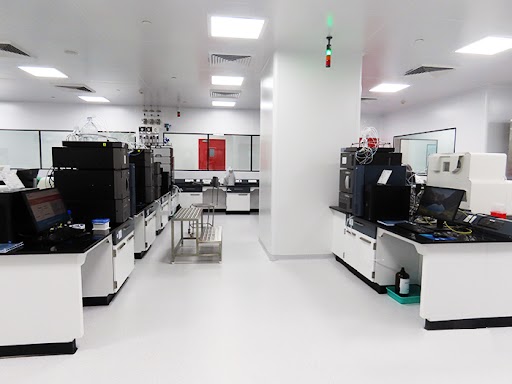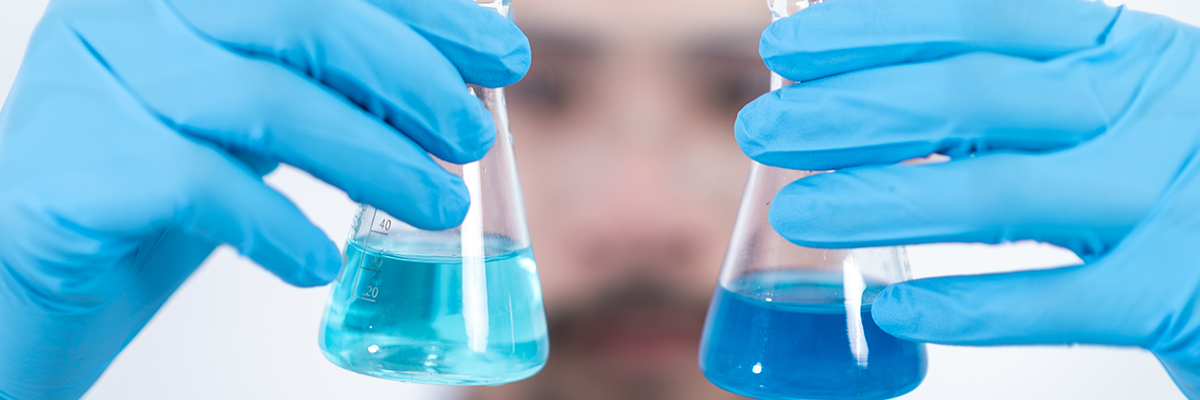
Stability Studies
Ensuring the stability of your biologic product is vital for maintaining its safety and efficacy throughout its shelf life. At Aragen, we offer comprehensive stability studies designed to assess how your biologic behaves under various conditions and to establish its shelf life under real-time, long-term, and accelerated conditions.
- Shelf-life establishment: Real time (RT), long-term (LT), and accelerated (AT) stability studies to determine the appropriate shelf life for your product.
- Label claim stability studies: Freeze-thaw, thermal stress, photo-stability, and agitation stability studies to verify your biologic’s performance in real-world conditions.
- Innovator comparability stability studies: Assess stability relative to an innovator product to demonstrate similarity in terms of performance.
- Process Intermediate Hold Time Study: Understand how intermediates behave during production and storage to optimize manufacturing processes.
- Sample Hold Time: Evaluate how holding time affects the stability of your biologic during sample collection and testing.
Forced Degradation
Forced degradation studies are critical for understanding the degradation pathways of your biologic and identifying stability-indicating parameters. These studies help to assess the product’s stability under stress conditions, providing vital data that supports formulation development, method qualification, and manufacturability evaluations. By simulating extreme conditions, Aragen helps you identify potential degradation modes and optimize the stability of your biologic for long-term storage and use. Our forced degradation studies focus on:
- Pre-Screening Conditions: We evaluate the impact of various stress conditions, such as agitation, pH extremes (low/high), oxidation, and glycation, to identify potential degradation pathways.
- Types of Modification Monitored: We track specific chemical modifications that may occur during degradation, including, N-terminal Gln/Glu (pGlu), Asn deamination, Thioester, glycation (surface-exposed Lys, N-termini), Met oxidation, fragmentation, Asn isomerization, Met and Trp oxidation.
- Battery of tests: We use a wide range of analytical techniques to monitor degradation, including:
- Size Exclusion Chromatography (SEC)
- Capillary Electrophoresis-Sodium Dodecyl Sulfate (CE-SDS NR)
- Ion Exchange Chromatography (IEX)
- Post-translational Modifications (PTM) analysis by LC-MS
- Reverse Phase Liquid Chromatography (RP-LC)
- Hydrophobic Interaction Chromatography (HIC-HPLC)
- Bioassay to assess functional activity and potency.
Through these comprehensive tests, Aragen helps you identify stability risks early in the development process and supports the optimization of your biologic’s formulation and manufacturing processes.
